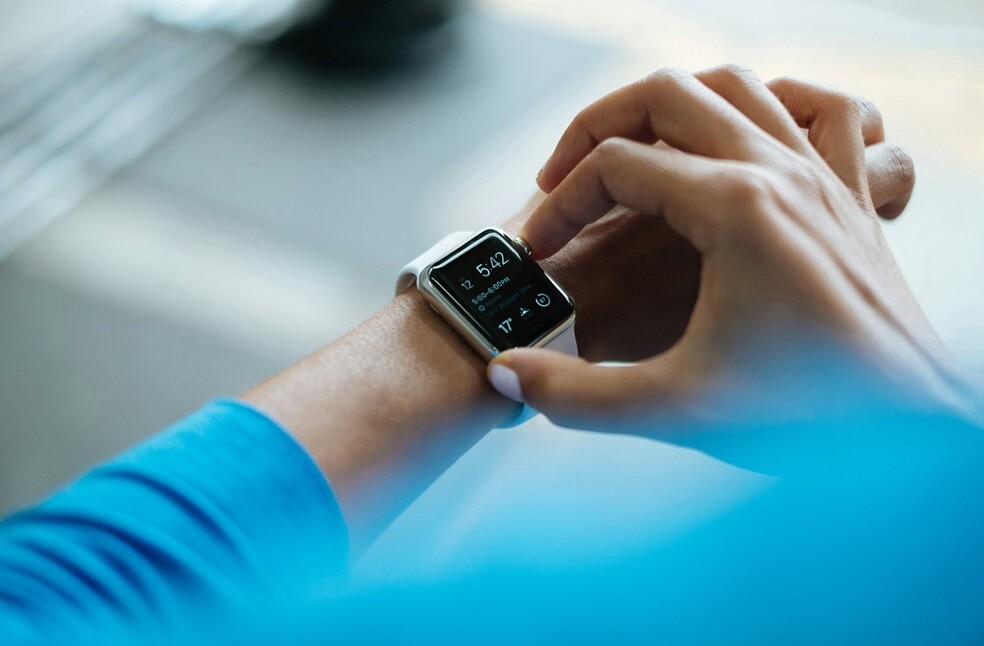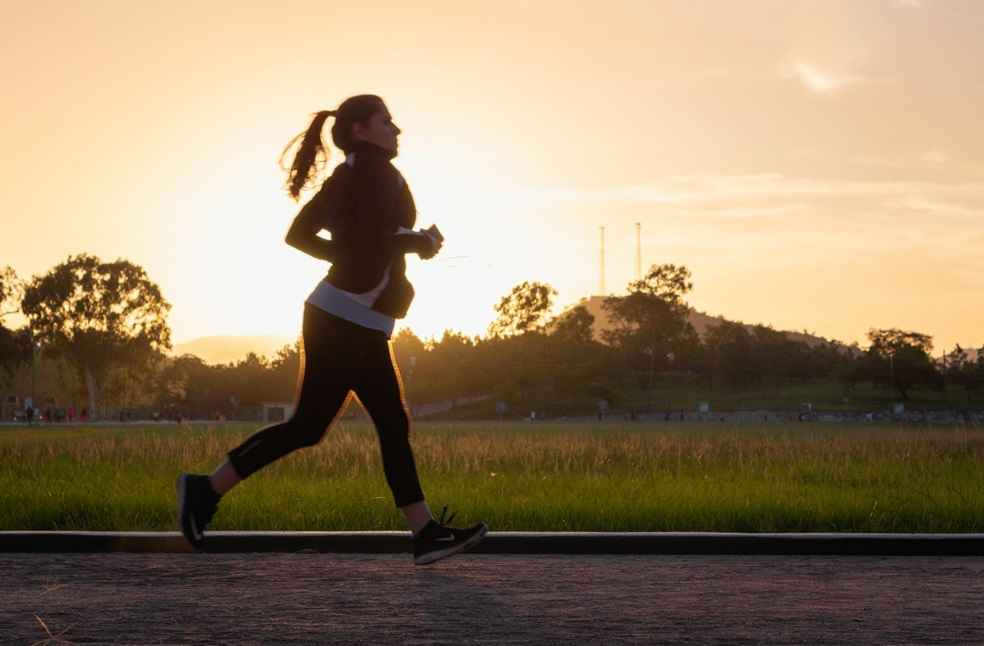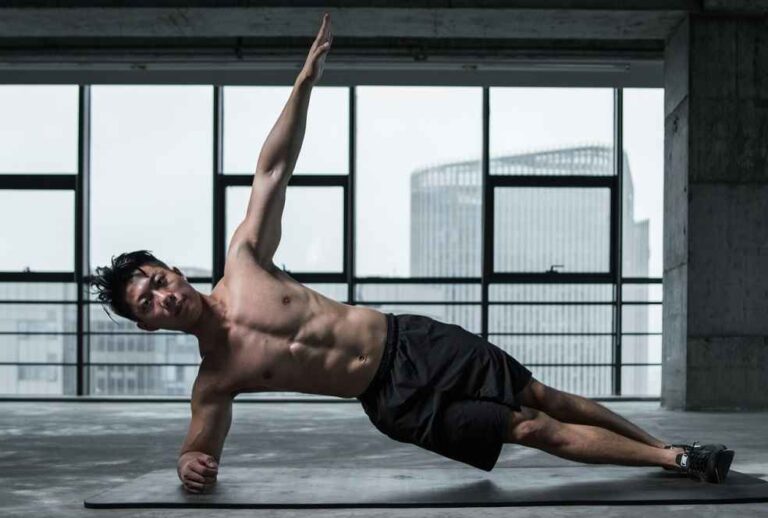According to a series of recent studies, a 10-minute bike exercise may seem doable before the timer goes off, but once your body starts working, those seconds are likely to feel longer than usual.
The study was designed by psychologists in the Netherlands and the United Kingdom to be uniform and regulated. Regardless of how demanding or competitive the setting, the authors assert that they are the first to “conclusively demonstrate that the perception of time slows down during exercise”.
Under the direction of Andrew Mark Edwards from Canterbury Christ Church University in the UK, the group tested 33 active adults, both male and female, asking them to estimate the end of a 30-second time interval using just their internal clock as a guide.
Participants believed that 30 seconds had started a little bit later than the real clock when they were at rest. Stated differently, it seemed as though time was ‘flying’ by.

However, that perception became warped when participants mounted a stationary bike for a 4-kilometer (2.5-mile) time trial. Roughly 8 percent more felt like a half-minute on the bike than the time indicated on the clock.
The results are consistent with earlier research showing that exercise reduces our perception of time. Psychologists have proposed that this is because pain is known to slow down the perception of time, and bodily arousal and awareness make us more aware of our body and its discomfort.
Chronoception is the study of how humans perceive time, and researchers have discovered that several factors, including body temperature, exercise, medications, emotions, and age, can affect this internal clock in unique ways.
In contrast to other research, the current study did not discover that time seems to pass more slowly while exercising more intensely or when a competitor enters the picture.

Participants in the current study completed two time trials with a second avatar on the screen in addition to a 4-kilometer solo time trial where they were represented by an avatar on the screen. Both this avatar and their own avatar rode on the same virtual cycling track. Participants attempted to outsmart the avatar in one experiment. They weren’t asked to compete with it in the other trial.
Across all trials and intensity levels, participants perceived time to be moving at comparable rates, which was slower than when they were at rest.
Maybe this is because the sole person in their competition was an avatar. Alternatively, it could have been because the competitors themselves weren’t intense enough to divert attention.
Previous research indicates that inexperienced cyclists typically lack the same level of focus when cycling as seasoned competitors. The writers do not rule out the idea that, when sitting on a bike, more seasoned riders may perceive time to pass more quickly than the ordinary individual.



